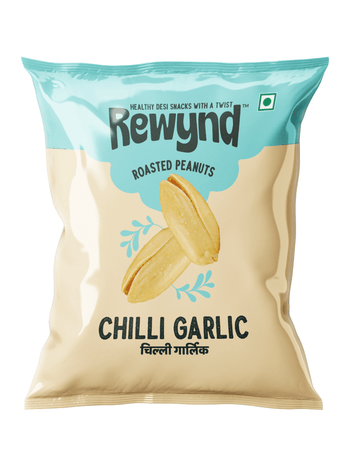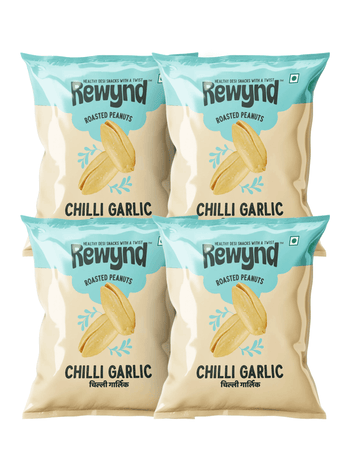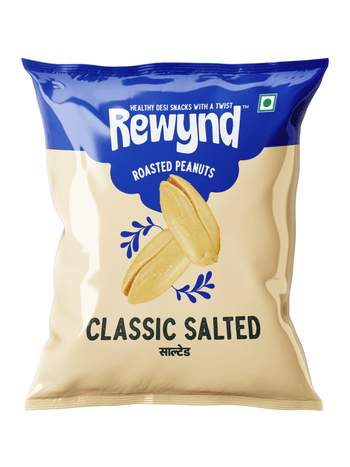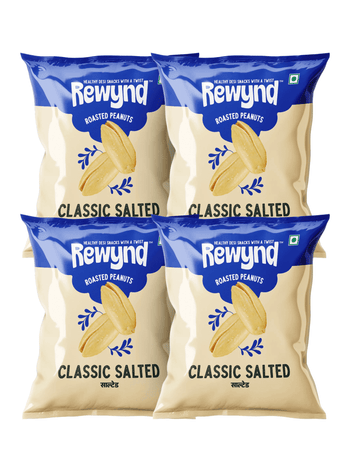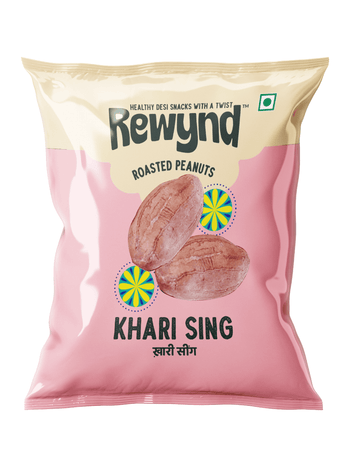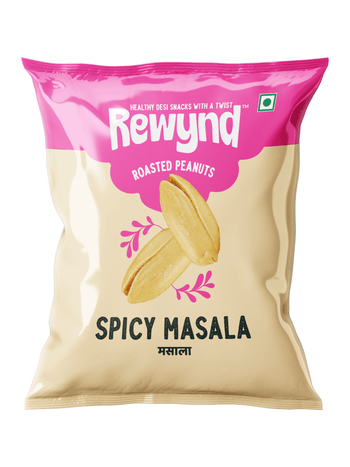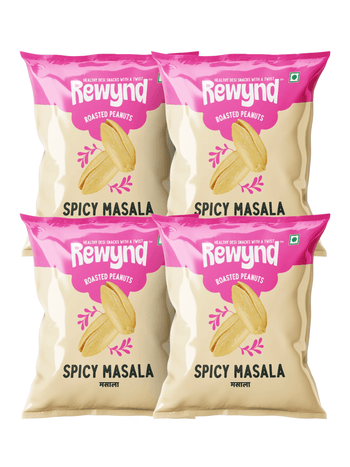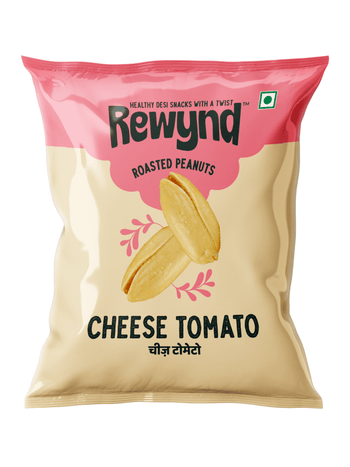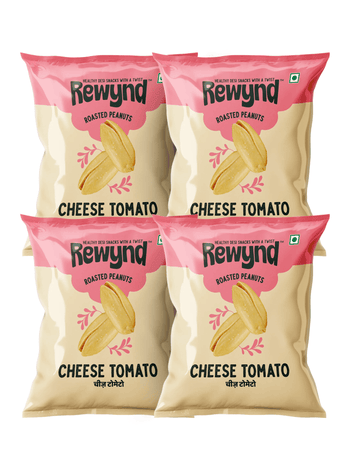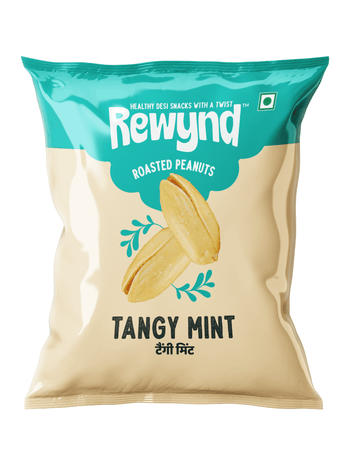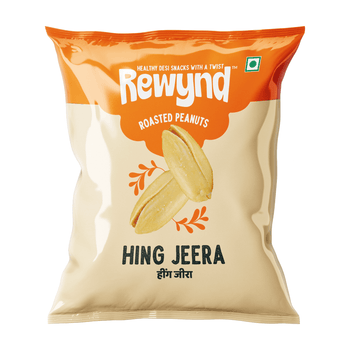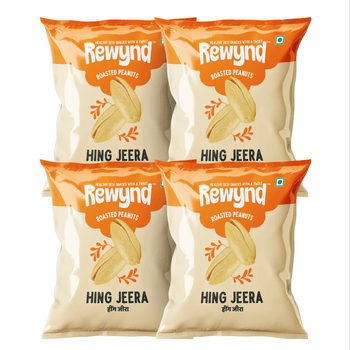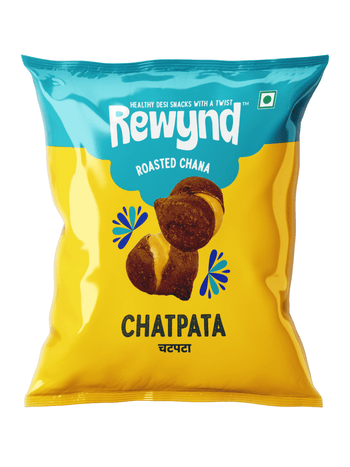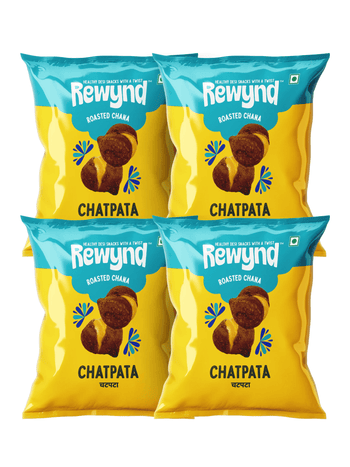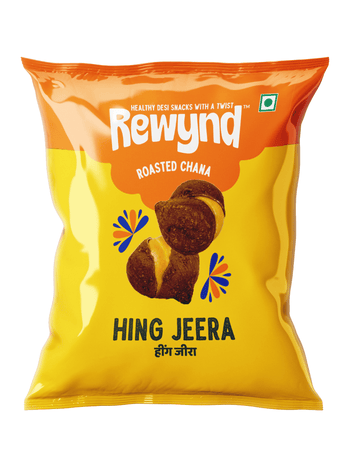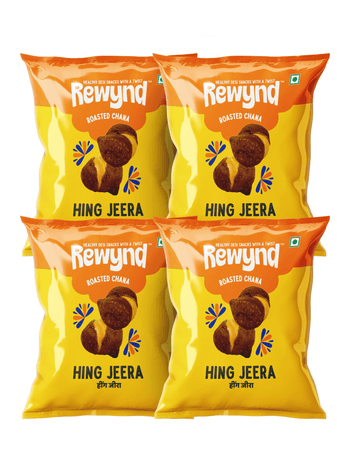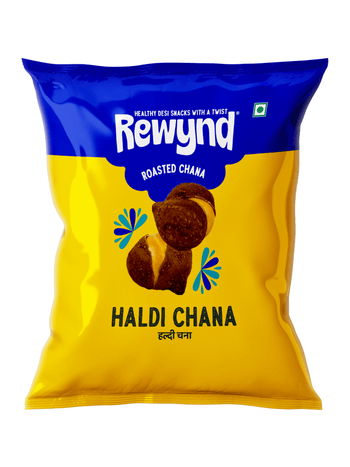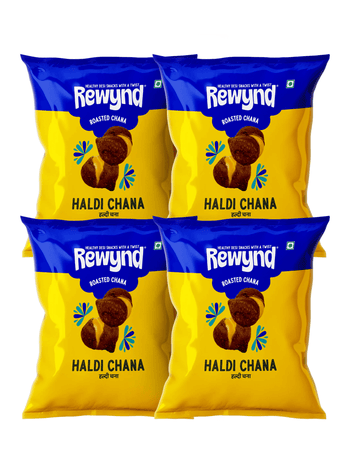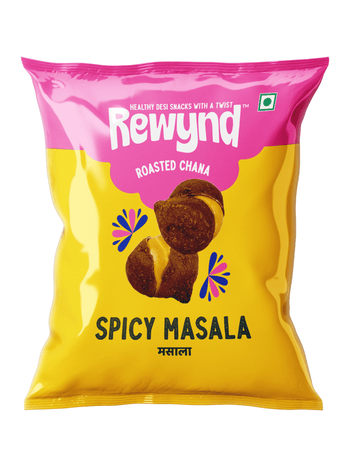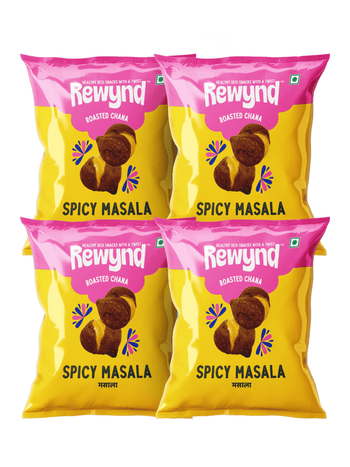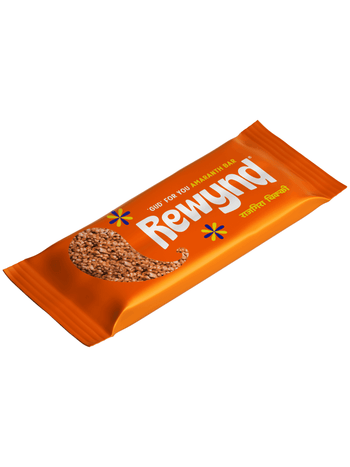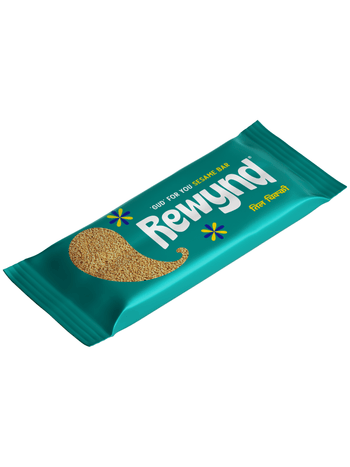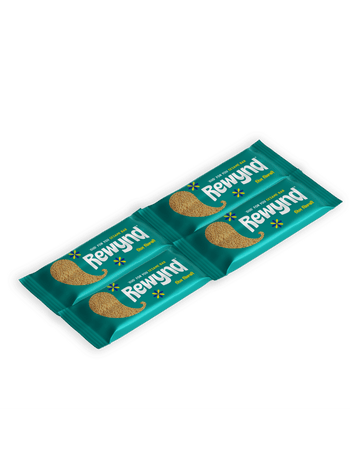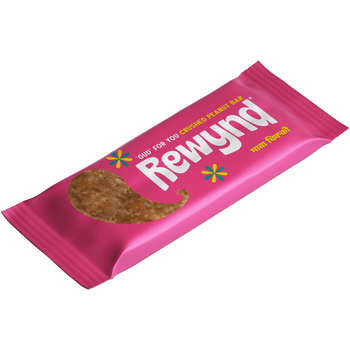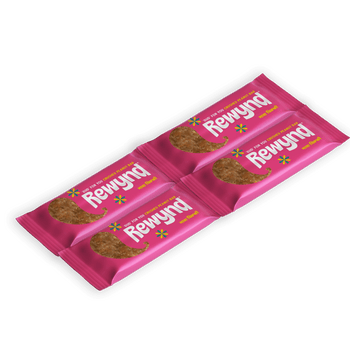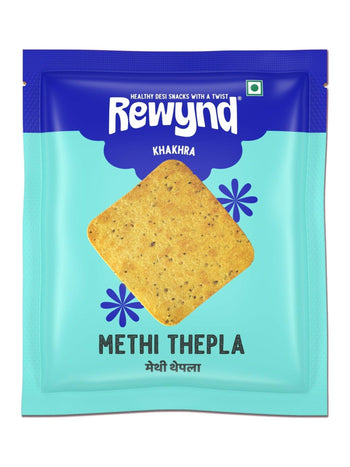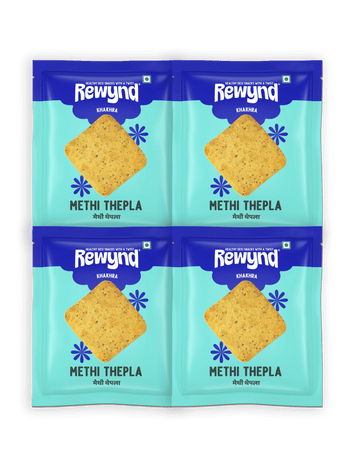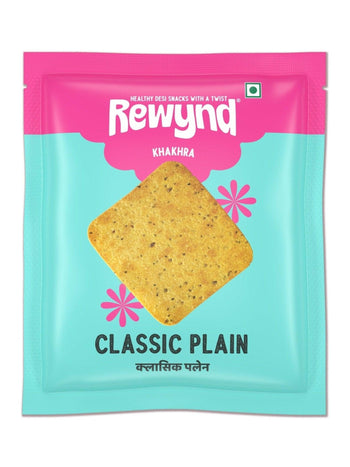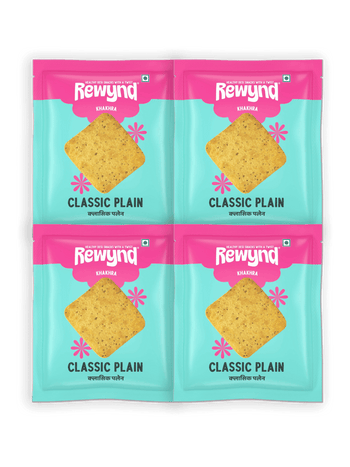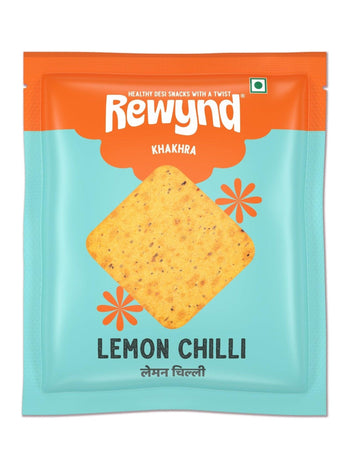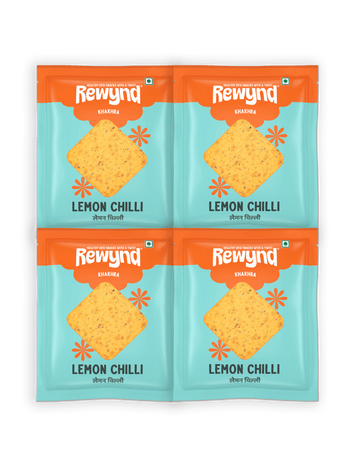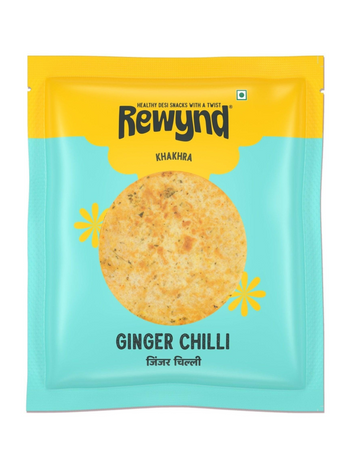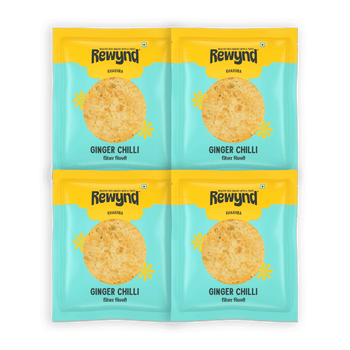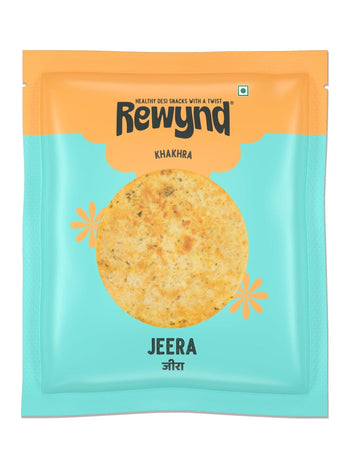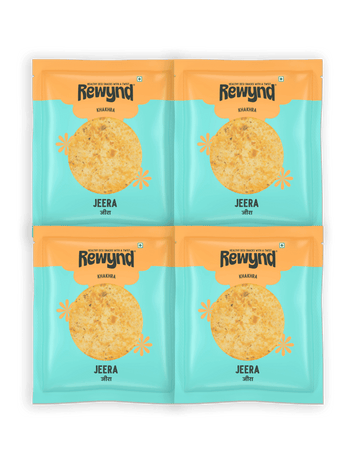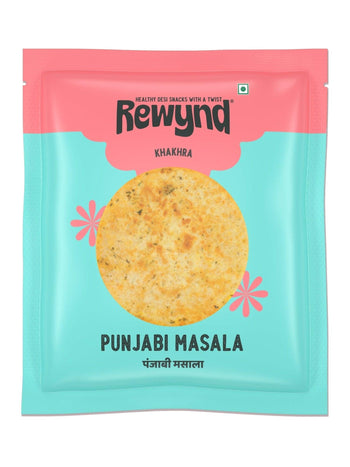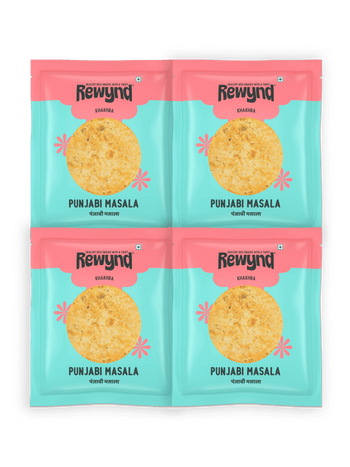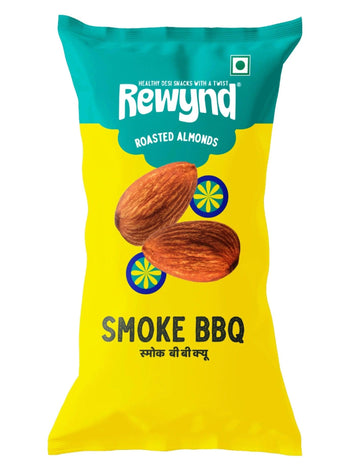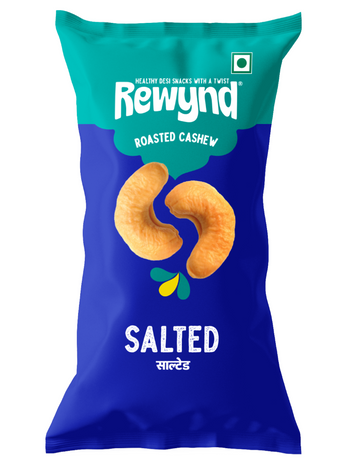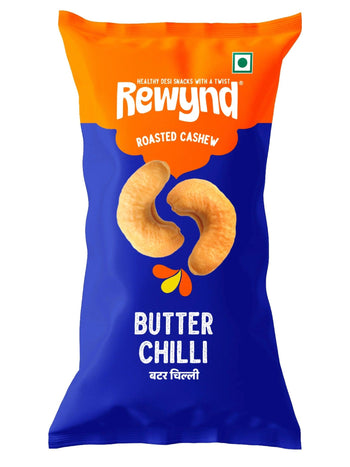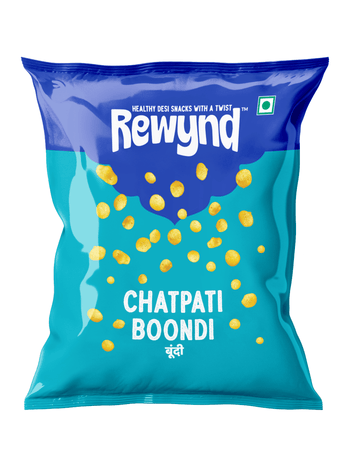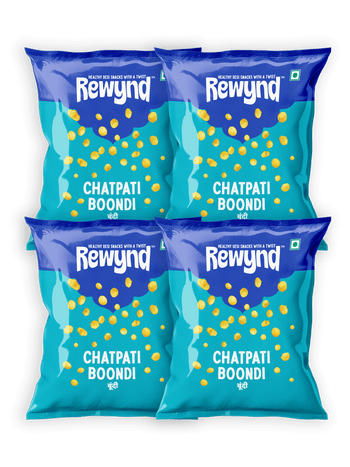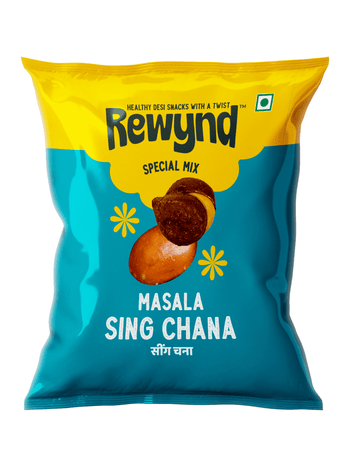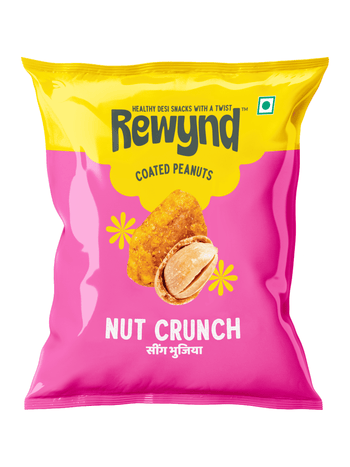The Diwali season brings joy, celebration, and an abundance of food—especially sweets and rich dishes that can leave our bodies feeling heavy and sluggish. After the festivities, a detox helps cleanse the system, re-energize the body, and ease back into a healthier routine. In this guide, I’ll share practical tips for post-Diwali detoxing, from hydration and balanced meals to a simple, vegetarian 5-day meal plan to refresh and reset.
Why Detox Post-Diwali?
Festival indulgences like sweets, fried snacks, and late nights can disrupt digestion, hydration, and energy levels, leaving us bloated and tired. A post-Diwali detox allows the body to flush out toxins naturally, rebalance energy, and improve digestion, setting a strong foundation for overall wellness.
Hydration and Healthy Detox Drinks
Proper hydration is essential after the festival season. It helps cleanse the body, support digestion, and maintain energy.
Easy Detox Drink Ideas:
- Jeera (Cumin) Water: Known for its digestive benefits, cumin water is a simple, effective detox drink.
- Tulsi (Holy Basil) Tea: Tulsi tea has antioxidant properties that support the immune system.
- Amla (Indian Gooseberry) Juice: Rich in vitamin C, amla juice promotes liver health and detoxification.
Aim to drink 8-10 glasses of water daily to stay hydrated and support your body’s natural cleansing process.
Balanced Meals to Restore Nutrition
A post-Diwali detox diet focuses on nutrient-dense, vegetarian meals that restore balance. Eating fiber, protein, and complex carbohydrates keeps blood sugar stable and prevents cravings.
What to Include in Balanced Meals:
- Proteins: Lentils, chickpeas, paneer, and yogurt provide protein to help with muscle repair and satiety.
- Fiber-Rich Vegetables: Spinach, carrots, pumpkin, and other seasonal vegetables aid digestion and provide vitamins.
- Whole Grains: Brown rice, jowar, and bajra are great sources of complex carbs that give lasting energy.
- Healthy Fats: Small portions of nuts, seeds, and a little ghee supply essential fatty acids for cellular health.
These balanced meals help nourish the body, providing energy and supporting natural detoxification.
Gut Health Reset for Better Digestion
Festival treats can disrupt our gut health, leading to bloating and digestive issues. Post-Diwali, include foods that promote gut health for improved digestion and immunity.
Gut-Friendly Foods:
- Probiotics: Foods like yogurt, chaas (buttermilk), and homemade pickles support healthy gut bacteria.
- Fiber-Rich Foods: Include whole grains, vegetables, and chia seeds to promote digestive regularity.
- Anti-inflammatory Spices: Ginger, turmeric, and ajwain (carom seeds) can help reduce digestive discomfort.
These foods nourish the gut and enhance digestion, helping you feel lighter and more comfortable.
Managing Sugar Cravings and Avoiding Refined Carbs
Sweets and snacks during Diwali often lead to post-festival sugar cravings. Replace refined sugars and carbs with healthier options to maintain stable energy levels.
Tips to Manage Cravings:
- Choose Naturally Sweet Fruits: Fruits like apples, bananas, and pomegranates help satisfy sugar cravings naturally.
- Balance with Fiber and Protein: Add fiber-rich veggies and proteins like paneer or lentils to meals to feel full and balanced.
- Eat Small, Balanced Meals: Eating small meals every few hours prevents cravings and stabilizes energy levels.
Replacing processed sugars with natural alternatives keeps you satisfied without causing energy crashes.
A Simple 5-Day Post-Diwali Detox Plan
Kickstart your detox with this gentle, vegetarian 5-day plan. Each day includes hydrating drinks, balanced meals, and snacks to support a natural reset.
Day 1: Hydrate and Light Meals
- Morning: Breakfast: Moong dal chilla with curd.
- Lunch: Vegetable khichdi with a mixed salad.
- Snacks: Chikki
- Dinner: Light vegetable soup with whole-grain roti.
Day 2: Focus on Gut Health
- Morning: Jeera water.
- Breakfast: Fresh fruit with a small portion of curd.
- Lunch: Spinach dal with brown rice and a veggie salad.
- Snacks:- Khakhra
- Dinner: Vegetable stir-fry with paneer and millet roti.
Day 3: Fiber and Protein Boost
- Morning: Warm water with ginger.
- Breakfast: Poha with vegetables and seeds.
- Lunch: Rajma (kidney beans) with brown rice and cucumber salad.
- Snacks: Peanut
- Dinner: Palak paneer with steamed veggies and quinoa.
Day 4: Balanced Day
- Morning: Amla juice.
- Breakfast: Almond milk smoothie with banana and chia seeds.
- Lunch: Bajra roti with mixed vegetable sabzi and curd.
- Snacks: Dry Fruits
- Dinner: Simple dal with stir-fried greens and whole-grain roti.
Day 5: Light and Clean Eating
- Morning: Warm water with lemon and honey.
- Breakfast: Oatmeal with chopped fruits and nuts.
- Lunch: Vegetable sambar with red rice and a salad.
- Snacks: Roasted Chana
- Dinner: Moong dal soup with green chutney and steamed veggies.
Mindful Snacking for Weight Management
Post-Diwali cravings are natural, but choosing healthier snacks can help manage your weight and keep cravings in check.
Healthy Snack Ideas:
- Fresh Fruits: Apples, Guava, and oranges.
- Nuts and Seeds: A handful of almonds, walnuts, or roasted flaxseeds.
- Vegetable Sticks with Chutney: Fresh veggies with mint or coriander chutney are low-calorie and filling.
These snacks keep hunger under control and prevent the urge for processed foods.
Long-Term Lifestyle Changes for Lasting Wellness
After completing your detox, consider a few lifestyle changes for lasting wellness:
- Stay Hydrated Daily: Keep water on hand to drink throughout the day.
- Eat Whole Foods: Opt for fresh vegetables, fruits, and whole grains instead of processed items.
- Exercise Regularly: Aim for 30 minutes of movement daily, such as walking or yoga.
- Practice Mindful Eating: Enjoy your meals and listen to your body’s hunger signals.
These habits will help you maintain detox benefits and promote balanced, sustained wellness.
Wrapping Up
A post-Diwali detox is an opportunity to care for your body after the festive season. By focusing on hydration, nutrient-rich foods, and mindful habits, you can reset and refresh yourself for better health. Embrace this period as a path toward a healthier, balanced lifestyle you can enjoy all year.



